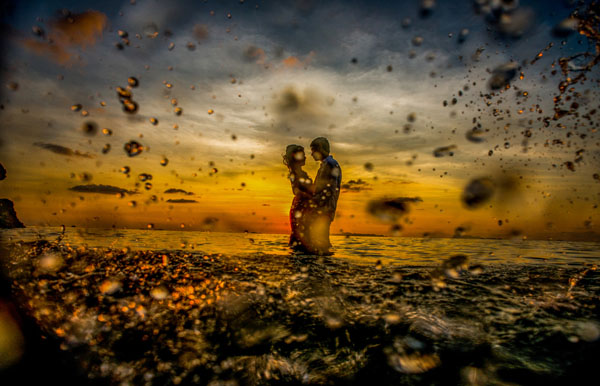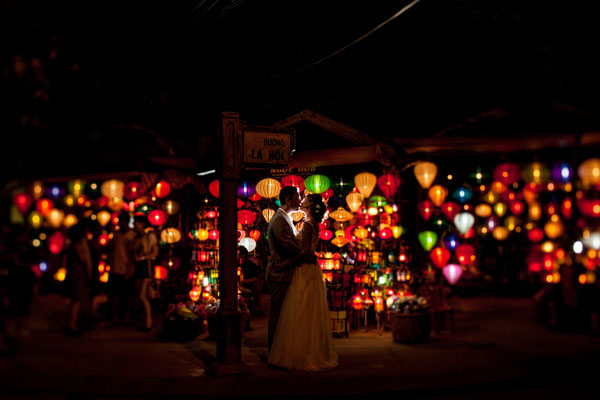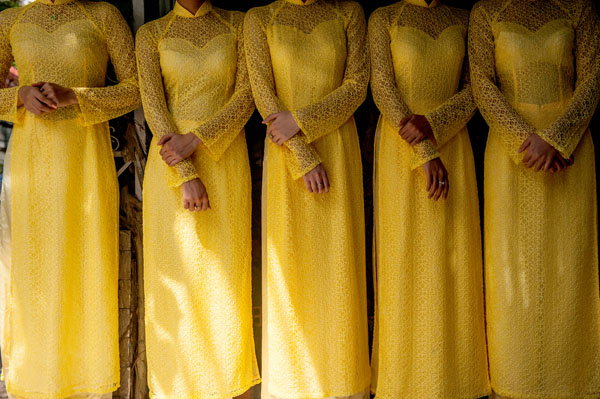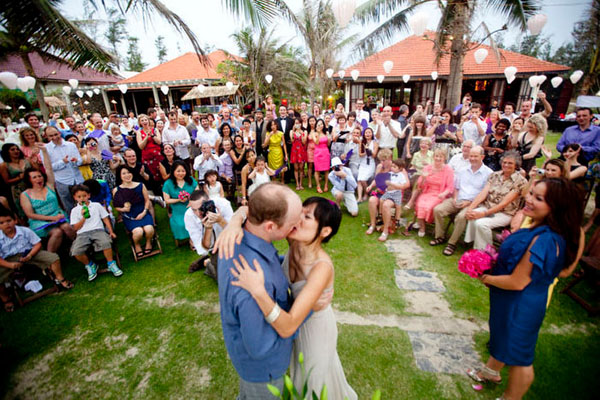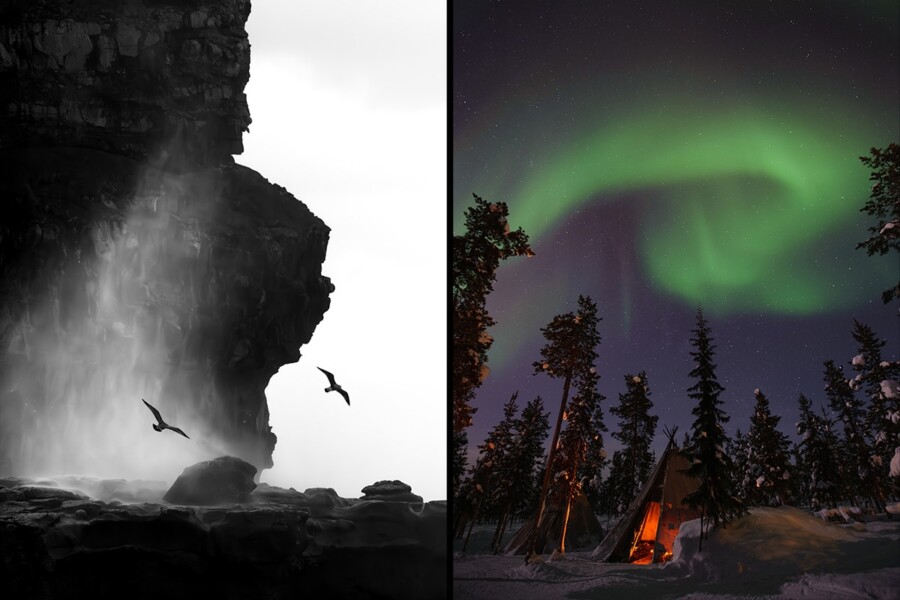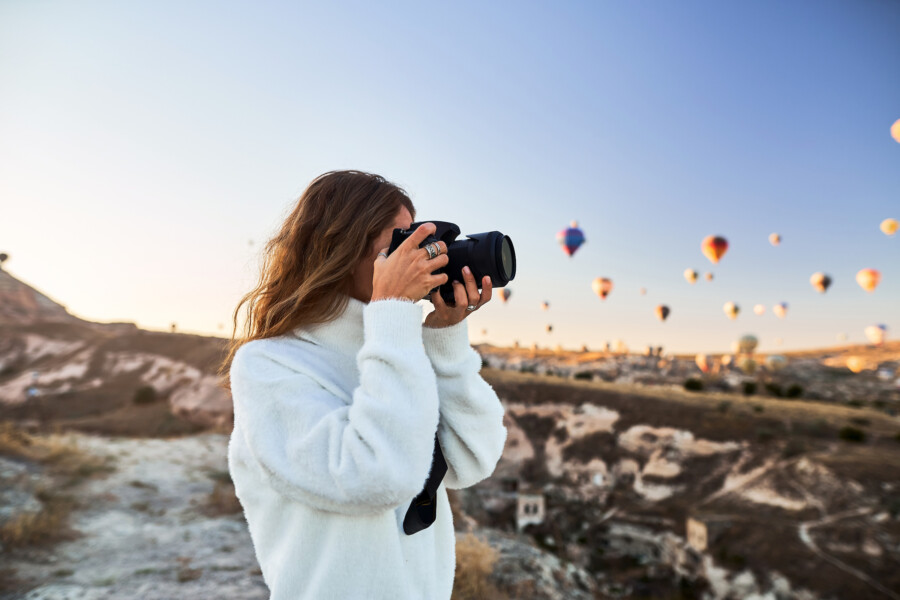Share
Destination Wedding Photography Tips
Photo by Justin Mott/Mott Visuals Weddings, Koh Samui, Thailand Destination wedding photography is definitely its own special niche. It typically r...
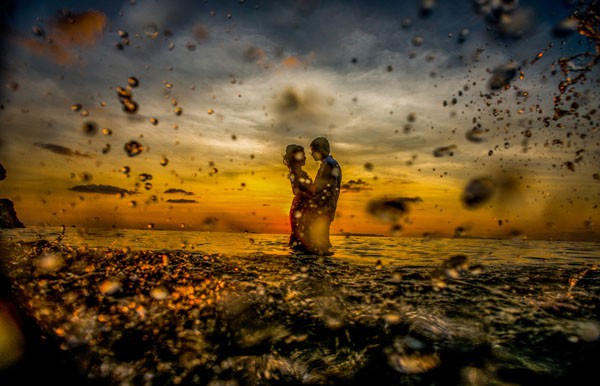
Destination wedding photography is definitely its own special niche. It typically requires more planning and expertise on behalf of the photographer. And because the location is often far from the couple’s home, there’s lots of opportunity for surprises – and not always the good kind. As the photographer, you want to be rock-solid and reliable.
Justin Mott of Mott Visuals Weddings started his career in Vietnam shooting personal projects and later taking on editorial assignments. Today he runs a successful multi-faceted business that spans commercial, editorial, and wedding photography.
“After shooting a lot of serious stories and assignments, I found weddings were more than just extra income – I truly loved shooting them,” says Justin. “They’re very therapeutic for me.”
Justin splits his time between Vietnam and San Francisco. He frequently books foreigners who come to Southeast Asia for a destination wedding, as well as Vietnamese natives and San Francisco locals. He recently took some time to share his recommendations for building a successful destination wedding photography business.
Use your brand to build clients’ trust
Justin has spent years perfecting the balance between his three businesses, and recently underwent an intense re-branding experience to help give each business a life of its own. “I need fluidity and separation with my three brands, and that was the biggest challenge. My business has grown exponentially since working with a professional branding team. I’m no longer a freelance photographer who shoots a little bit of everything – now I’m the owner of photography business.”
Thanks to the re-branding, clients are no longer confused about where his specialties stand. On top of that, Justin finds that his wedding photography clients are impressed by his editorial and commercial work, and vice versa. “Destination weddings require a certain level of trust because people are finding you online and you can’t typically meet in person,” he explains. “So in effect, my client list is that trust.”
Justin makes it a point to list his editorial clients, like The New York Times and Forbes magazine, in the About section of his website. He also includes client testimonials and links to his other business’ websites so clients can get a taste for his work.
Simplify your packages
For couples, one the scariest parts of booking a destination wedding is the additional travel and lodging costs. Avoid adding more stress to their decision – forget outlining how much it will cost to get you from A to B. Justin suggests including the cost in your base package. One benefit of living part-time in your clients’ destination of choice is that you can help reduce extra travel expenses.
Regardless of where you’re based, you’re likely targeting a specific destination. Work out the average cost of travel and hotel, and include that rate in your package. The advantage here is that clients are less likely to try to haggle cheaper airfare or accommodations, and you’ll net out evenly the more and less expensive travel times of year.
“Clients don’t want to worry about airfare, lodging, etc.,” says Justin, “so we just build everything into one package. We simplified it to be all-inclusive and our success rate has skyrocketed.”
Get serious about SEO and marketing
Search Engine Optimization is important for running any photography business, and especially so for destination wedding photographers. Wedding clients are apt to ask their friends, family, and local vendors for local referrals, but if they’re traveling elsewhere then they probably need to research photographers on their own.
Justin spends much of his marketing efforts on improving Mott Visuals Weddings’ SEO. He’s recently begun targeting more clients in Thailand, and Justin says that SEO has played a huge role in helping to attract new clients. He also advertises on Junebug weddings for best wedding photographers in Thailand. As a bigger site, Junebug ranks higher in search engine results, but Mott Visuals Weddings is #1 on Junebug’s listings thanks to the advertisement.
Justin also creates a new gallery on his PhotoShelter website after every wedding. “We share that with the client and they share the link to all their friends. That way potential new clients can see our work in a beautiful layout with our logo and links to our portfolio site.”
Always scout the location ahead of time
This sounds obvious, but scouting is especially important for destination wedding photographers. “People come from all over the world to attend the wedding, so my clients love having that one shot with everyone in it that shows off the location,” says Justin.
Justin likes to arrive on location the day before the wedding to scout. He also talks to his clients at length about why they chose that particular location. “If there is something specific they loved, like a beautiful garden or infinity pool or the place where he/she proposed, I work that into my portraits.” For the “hero” portrait of the group, he likes to shoot from a high vantage point, so scouting is a must.
Building rapport with clients is almost more important for destination wedding photographers because you might be meeting in-person for the first time on the big day. Take the time to get to know them, whether that’s multiple phone calls or meetings via Skype.
Beware local laws and customs
Certain resorts will charge couples a fee for bringing in an outside photographer – or simply not allow it at all. Be sure to research the venue in case your clients have missed anything. You’ll also want to check the country’s laws before bringing in equipment, in particular their requirements for proof of ownership (read more about U.S. Customs in this blog post).
Justin also warns destination photographers about the difference in copyright laws in some countries. “One thing to be careful of, especially in Southeast Asia, is the copyright issue. I’ve found my images used without permission from hotels and vendors.” Consider protecting your images with a watermark, and check back with the venue and vendors a few months after the wedding to be sure none of your images are being used without permission.
Learn more
How to Grow A Wedding Photography Business is a free guide cover all the basics of starting and growing a wedding photography business. Learn first hand from successful wedding photographers about how set your services apart from the pack.
